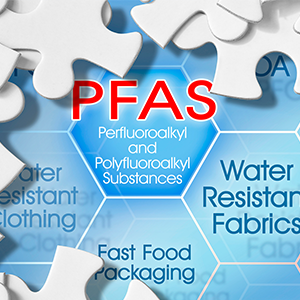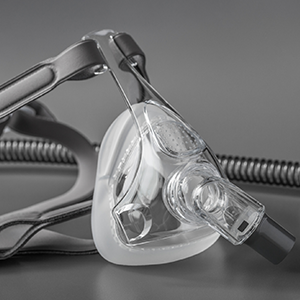The Best Mass Tort Leads & Mass Tort Acquisition Services for Law Firms Nationwide
Hot Mass Tort Cases

Camp Lejeune Leads
The Camp Lejeune water contamination lawsuits center around the exposure of military personnel, their families, and civilian workers to contaminated drinking water at the Camp Lejeune Marine Corps base in North Carolina between the 1950s and 1980s. There are thousands of victims and more are coming out.

AFFF Firefighting Foam Leads
AFFF (Aqueous Film Forming Foam) lawsuits are being filed due to exposure to the chemicals in AFFF, particularly per- and polyfluoroalkyl substances (PFAS), which has led to environmental contamination and serious health issues, including cancer.

PFAS Leads
PFAS lawsuits involve legal actions against manufacturers of per- and polyfluoroalkyl substances (PFAS), often referred to as “forever chemicals,” which are linked to various health problems. Plaintiffs in these cases typically include individuals who have been exposed to PFAS through contaminated drinking water, food, or consumer products and have subsequently developed serious health conditions such as cancer, thyroid disease, and immune system disorders. These lawsuits claim that the manufacturers knew about the toxic effects of PFAS but failed to inform the public and regulatory agencies, thereby negligently exposing communities and individuals to harmful chemicals.

Ozempic Lawsuit Leads
Ozempic, a medication primarily used for the treatment of type 2 diabetes, has recently come under scrutiny due to potential adverse effects. Plaintiffs in these lawsuits are typically individuals who used Ozempic and experienced severe side effects such as gastroparesis, ileus and intestinal blockage or obstruction.

Paraquat
Paraquat is a highly toxic herbicide linked to serious health risks, most notably Parkinson’s disease. Plaintiffs in these lawsuits typically are agricultural workers, farmers, and others who were exposed to paraquat and subsequently developed Parkinson’s disease or other severe health issues.

Juvenile Detention Center Sexual Assault Leads
Juveniles throughout the U.S. have been been victimized by employees at Juvenile Halls and Juvenile Detention centers around the U.S. Widespread failure across detention facilities have resulted in youth inmates being sexually abused, and legal claims are being filed by survivors.

Hotel Human Trafficking Leads
Hotel human trafficking lawsuits target hotel chains and properties accused of facilitating, ignoring, or benefiting from human trafficking activities on their premises, including hotels like Wyndham Hotels and Resorts, Red Roof Inns, and Choice Hotels International. Plaintiffs allege that the hotels failed to implement necessary precautions or ignored clear signs of trafficking, thereby enabling the perpetrators. These legal actions argue that the hotels had a duty to protect individuals on their properties and to train their staff to recognize and respond to indicators of human trafficking.

Toxic Hair Relaxer Leads
Toxic hair straightener lawsuits focus on products marketed for hair straightening that contain formaldehyde and other harmful chemicals. Plaintiffs in these cases often include salon workers, stylists, and consumers who experienced adverse health effects, such as respiratory problems, skin irritation, or hair loss, after using or being exposed to these products. Manufacturers failed to warn about the dangers and misrepresented the safety of their hair straightening products, so lawsuits are being filed.

CPAP Mass Tort Leads
CPAP lawsuits center around Philips Respironics’ recall of millions of its continuous positive airway pressure (CPAP), bi-level positive airway pressure (BiPAP), and mechanical ventilator devices. The legal actions have been initiated by users who suffered adverse health effects due to the degradation of polyester-based polyurethane (PE-PUR) foam used in these devices. This foam, intended to dampen the machines’ noise, can break down into particles that users may inhale or ingest, leading to potential carcinogenic effects, toxic effects, respiratory issues, and increased risk of chemical exposure. Philips failed to adequately warn users about these risks and continued to market their products as safe despite known dangers.